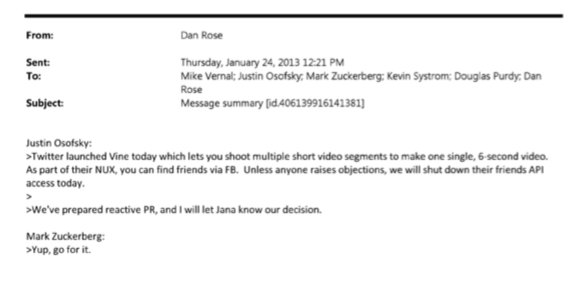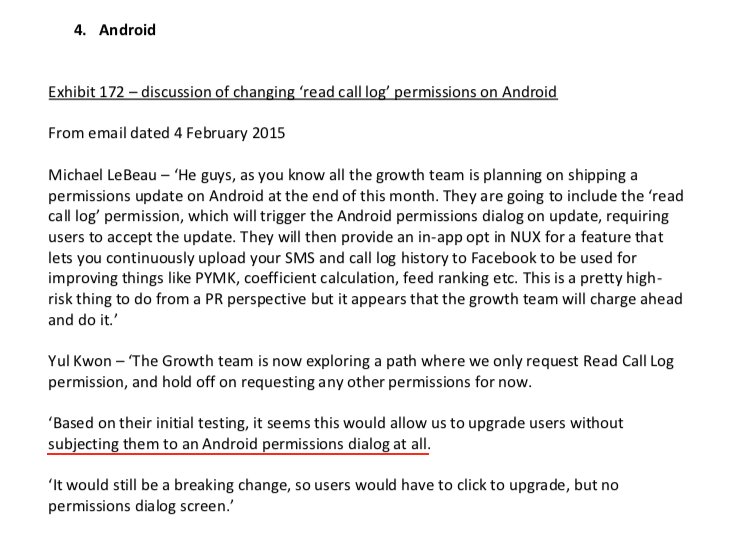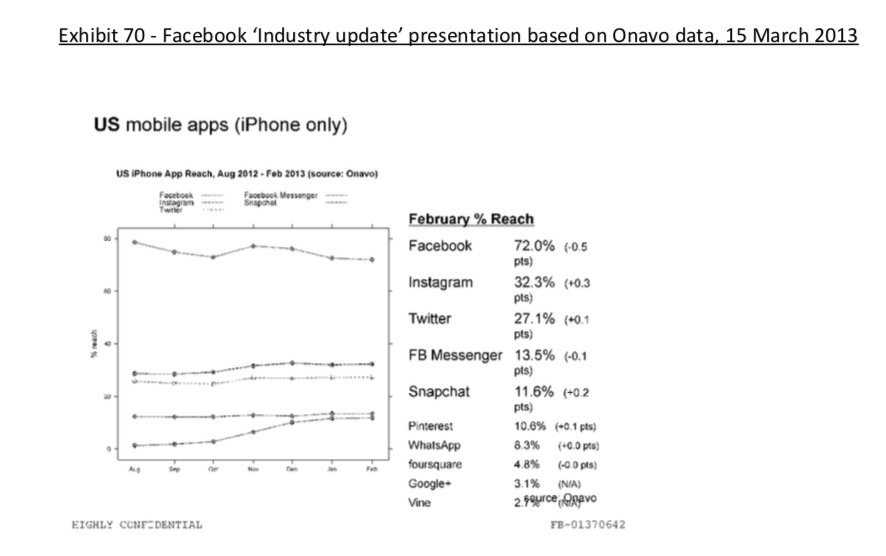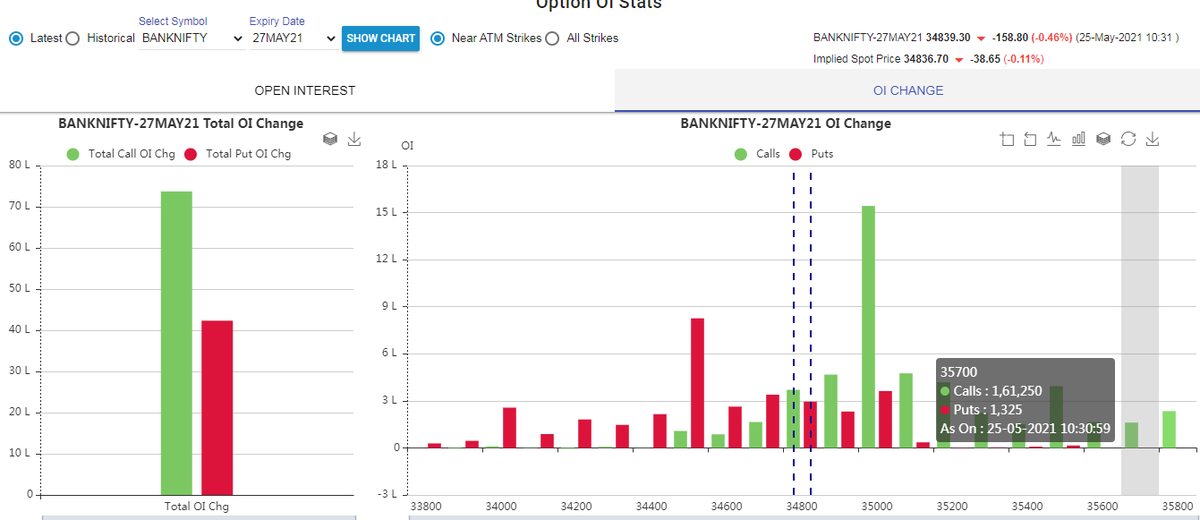If you're at all interested in justice, addiction and/or prisons in Singapore, this is happening now—must watch!
We\u2019ve just gone live on our Facebook page for today\u2019s dialogue on understanding drug use, addiction, and policy in #Singapore. Join us: https://t.co/neOQDJjZ3a pic.twitter.com/WPgzjZy6VI
— Transformative Justice Collective (@tjc_singapore) December 13, 2020
Ben: They tell us about prefront cortex & limbic systems but there's no one to guide me in real life when I come out & practice the skills.
Dr W: Training in Oz an eye-opener. Easier as a doctor or therapist treating someone there voluntarily rather than forced into system. There they had support services, make your own decision to get well.
[He's now trying to start slide sharing]
Dr Winslow going through American Society of Addiction Medicine definitions of "addiction" (not confined to substances). In SG predominant addictions used to be opoids, now stimulants/meth/novel substances (?)
Stats—both total & repeat users in SG slowly going up, but hugely better than 90s with per-year 10-15K people.
Difficulty with "drugs are bad & people who take them are bad": seen as "morally weak", "bad behaviour" must be "punished out of them". Caning, jail time, institutions
In SG, recidivism, 50% of total drug abusers made up of repeat offenders. Methamphetamine has taken lead as drug of choice. Treatment for this not as refined right now.
You May Also Like
BREAKING: @CommonsCMS @DamianCollins just released previously sealed #Six4Three @Facebook documents:
Some random interesting tidbits:
1) Zuck approves shutting down platform API access for Twitter's when Vine is released #competition

2) Facebook engineered ways to access user's call history w/o alerting users:
Team considered access to call history considered 'high PR risk' but 'growth team will charge ahead'. @Facebook created upgrade path to access data w/o subjecting users to Android permissions dialogue.

3) The above also confirms @kashhill and other's suspicion that call history was used to improve PYMK (People You May Know) suggestions and newsfeed rankings.
4) Docs also shed more light into @dseetharaman's story on @Facebook monitoring users' @Onavo VPN activity to determine what competitors to mimic or acquire in 2013.
https://t.co/PwiRIL3v9x

Some random interesting tidbits:
1) Zuck approves shutting down platform API access for Twitter's when Vine is released #competition

2) Facebook engineered ways to access user's call history w/o alerting users:
Team considered access to call history considered 'high PR risk' but 'growth team will charge ahead'. @Facebook created upgrade path to access data w/o subjecting users to Android permissions dialogue.

3) The above also confirms @kashhill and other's suspicion that call history was used to improve PYMK (People You May Know) suggestions and newsfeed rankings.
4) Docs also shed more light into @dseetharaman's story on @Facebook monitoring users' @Onavo VPN activity to determine what competitors to mimic or acquire in 2013.
https://t.co/PwiRIL3v9x











